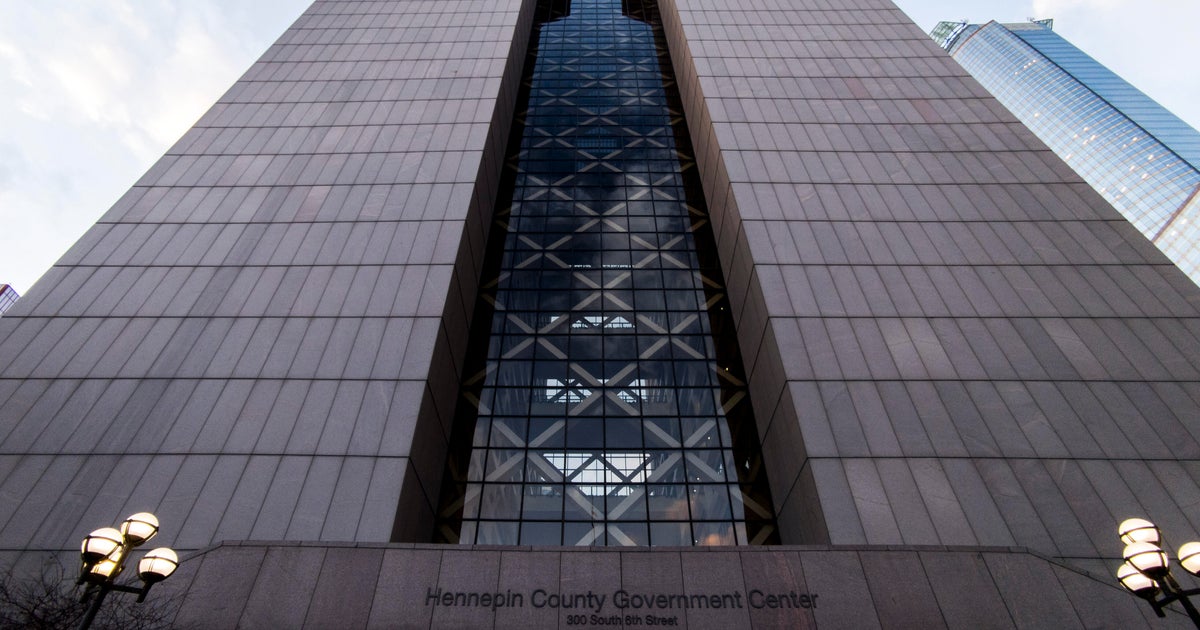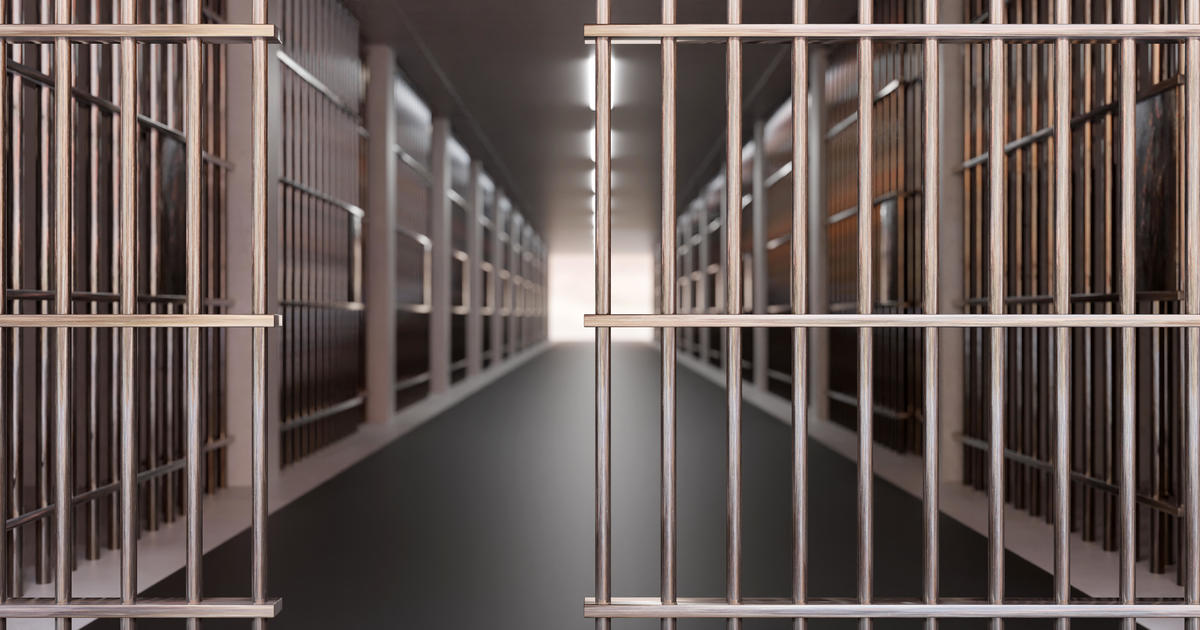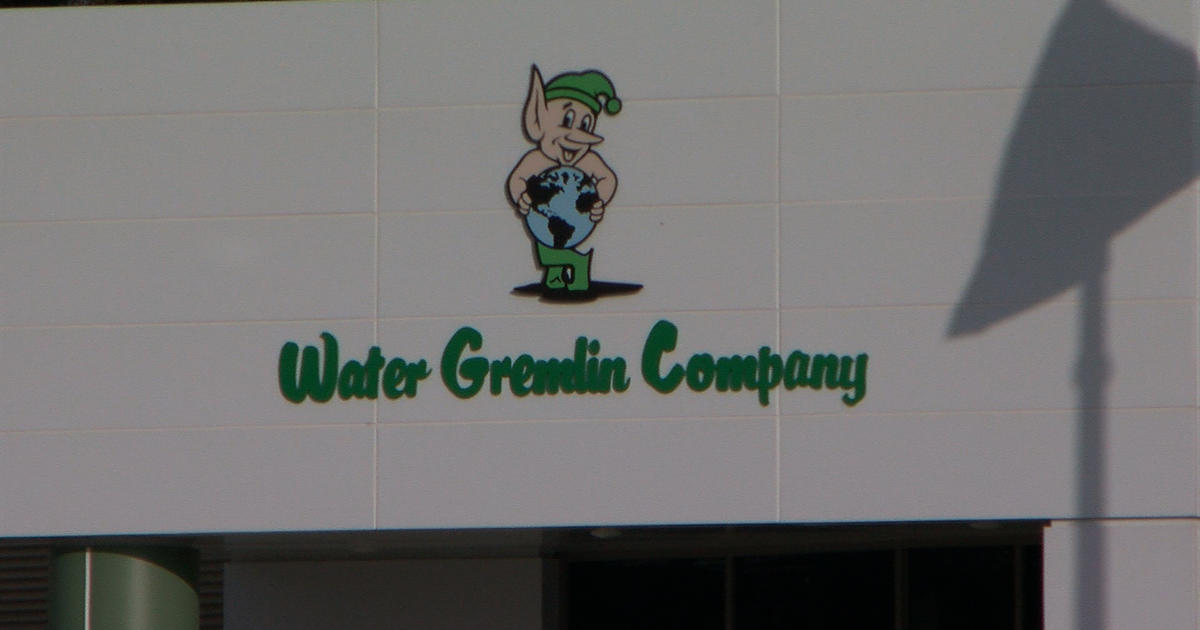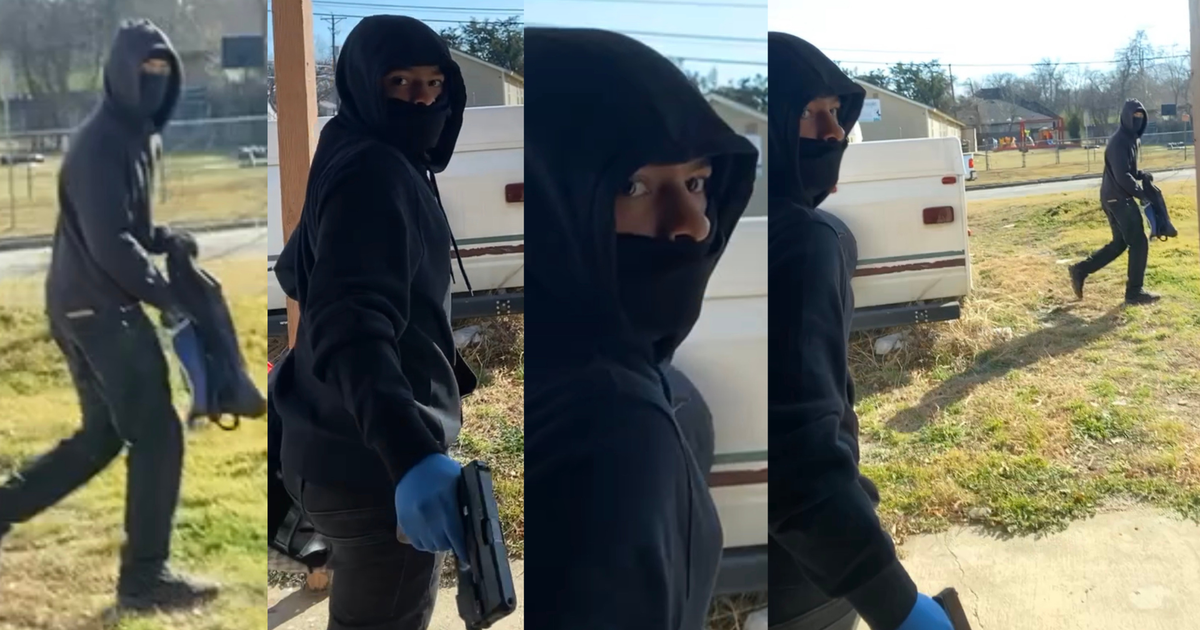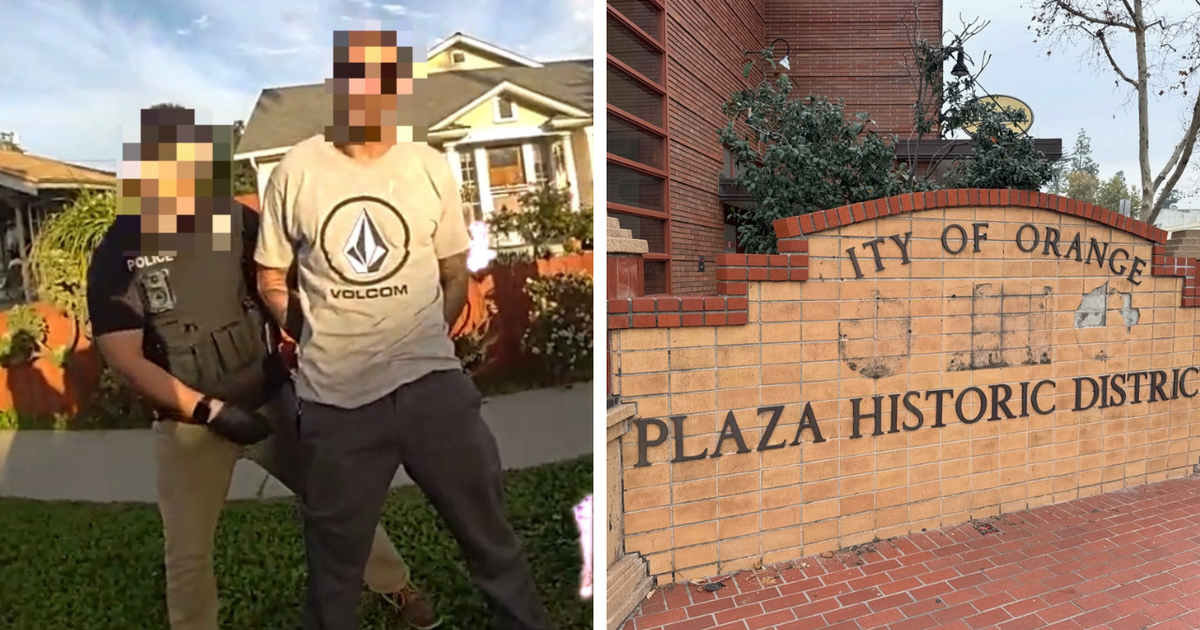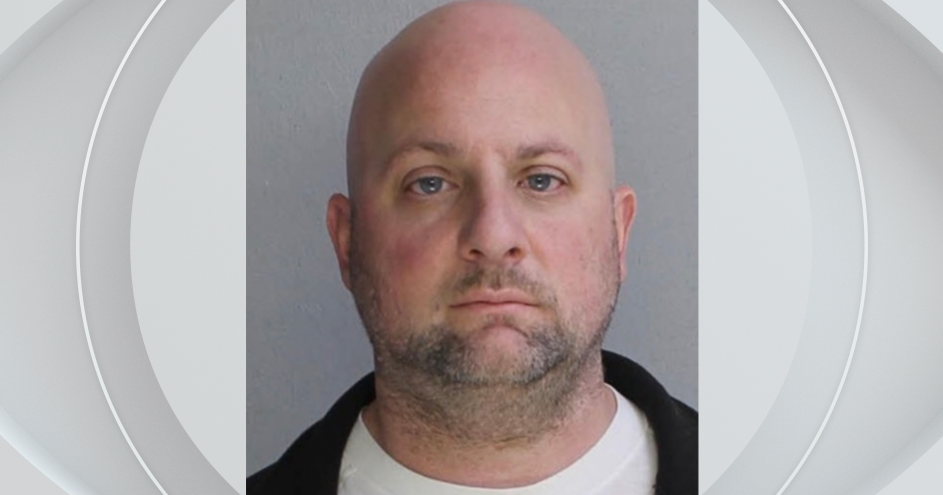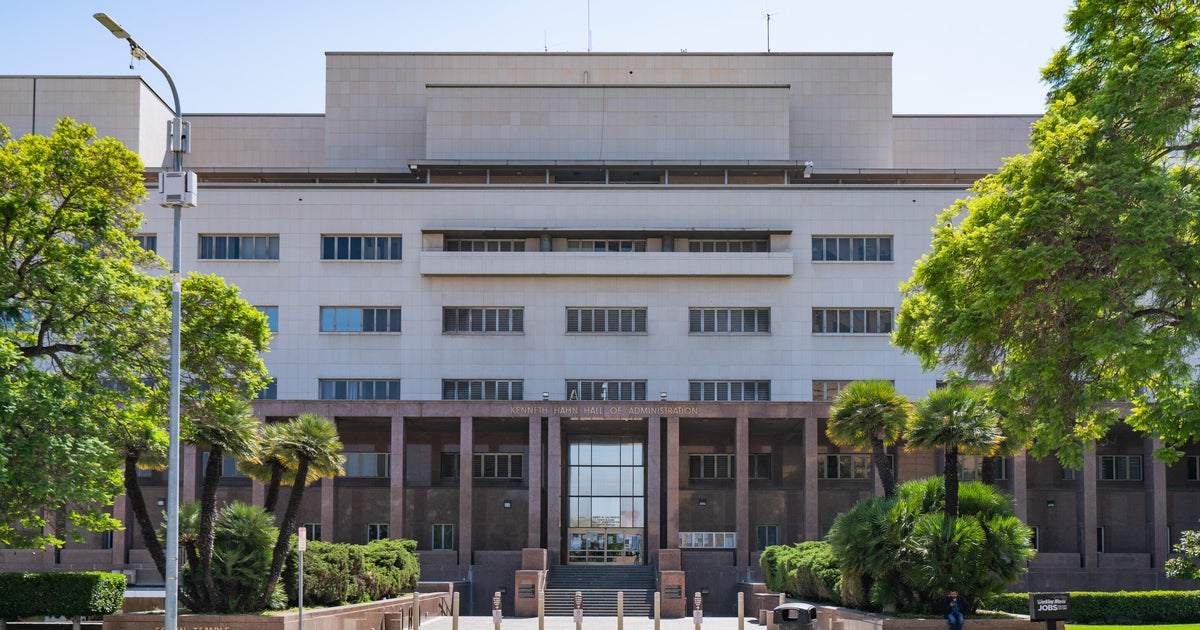Funds from $300M opioid settlement to arrive in Minnesota counties, cities this summer
ST. PAUL, Minn. -- Minnesota cities and counties this summer will start to see an influx of funds from a multistate settlement with opioid manufacturers and distributors, an agreement that will bring $300 million to Minnesota for their role in the proliferation of pills that sparked a crisis nationwide.
A majority of Minnesota's share of the $26 billion settlement will go to 230 local governments, totaling $222 million, according to the Minnesota Attorney General's Office. The funds, which collectively will be dispersed over 18 years, can be used for prevention and treatment programs to fight the opioid epidemic in their communities.
"The passage and signing of this bill means that the money we won in these settlements is going out to communities that need it most," said Attorney General Keith Ellison.
Opioid overdoses have claimed the lives of nearly 5,500 Minnesotans in the last 20 years, according to the most recent data available from the Minnesota Department of Health. The number of deaths has increased over the years, and culminated with a record 678 people killed in 2020, according to that data.
Gov. Tim Walz held a ceremonial bill signing Tuesday, alongside a bipartisan group of state lawmakers, advocates, and members of the attorney general's office, who worked on the case. The Minnesota Legislature this year approved the framework on how the money would be allocated.
"[The funds belong] in the state and the local level because that's where we're gonna have those wraparound services, and that's where we can provide relief to our children, to our families and to our communities," said Sen. Julie Rosen, R-Fairmont, who efforted the legislation in the Senate.
Opioid manufacturer Johnson & Johnson and three major pharmaceutical distributors Cardinal, McKesson, and AmerisourceBergen, settled several lawsuits nationwide for a collective $26 billion, representing the largest agreement to date for opioid-related cases.
More money could be coming to Minnesota in the future, the attorney general's office said, with state lawsuits pending against other companies, including Purdue Pharma.
The issue is personal for Sen. Chris Eaton, DFL-Brooklyn Center, who lost her daughter to an overdose. Eaton has since pushed for legislation to combat the opioid crisis and her work includes a 2019 law that increased the state fees for drug manufacturers and distributors.
"Losing a child is something I never thought I'd have to live through. The only regret I have about this settlement is that nobody went to jail," Eaton said. "I do have a little bitterness toward the opioid manufacturers and distributors, but I am so grateful for the way Minnesota has stepped up."
Once the settlement money reached Minnesota, it triggers a repeal of the state law increasing the state license fees for opioid drugmakers and wholesalers. The law detailing the framework for the funds also prohibits future lawsuits from municipalities against the companies that settled.
When asked about this provision, Ellison said it was part of the deal -- and that states didn't get everything they hoped for in the spirit of compromise.
"What we get is resources sooner rather than later. What they got is finality," he said.
Local governments will get 75 percent of the settlement funds, and the state will receive the remaining 25 percent.

